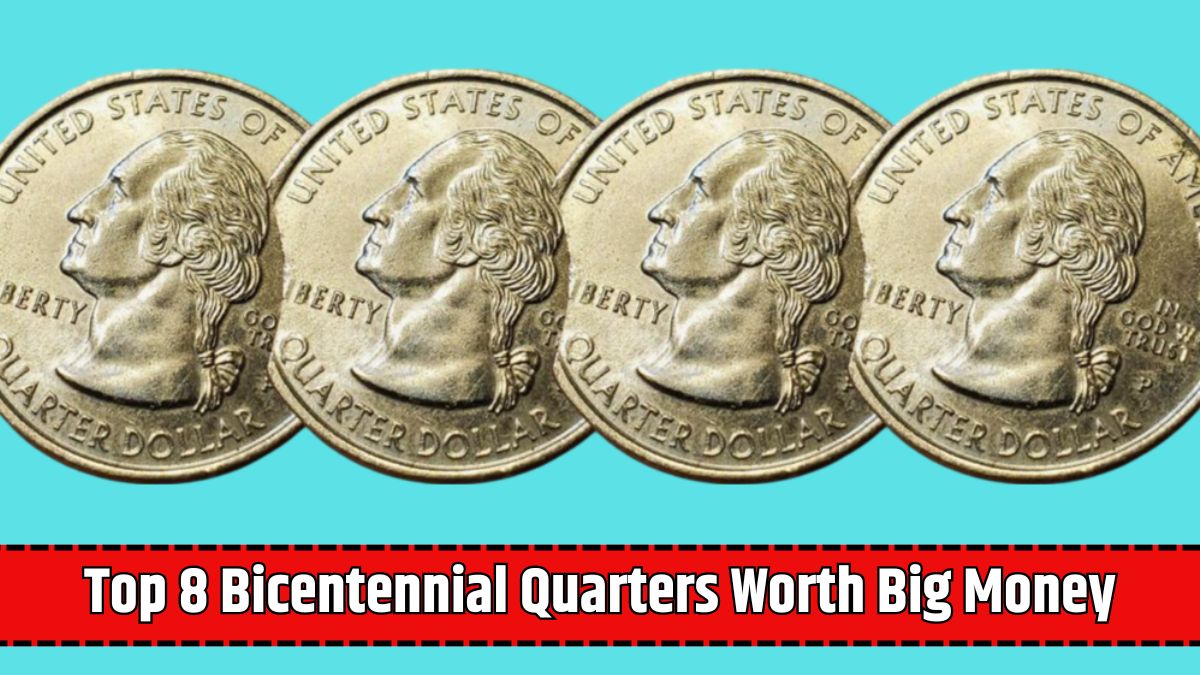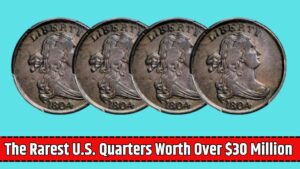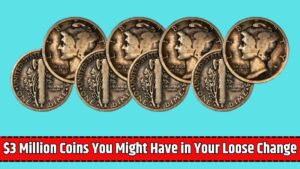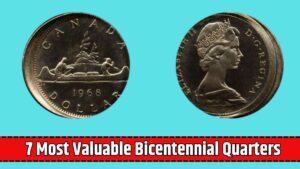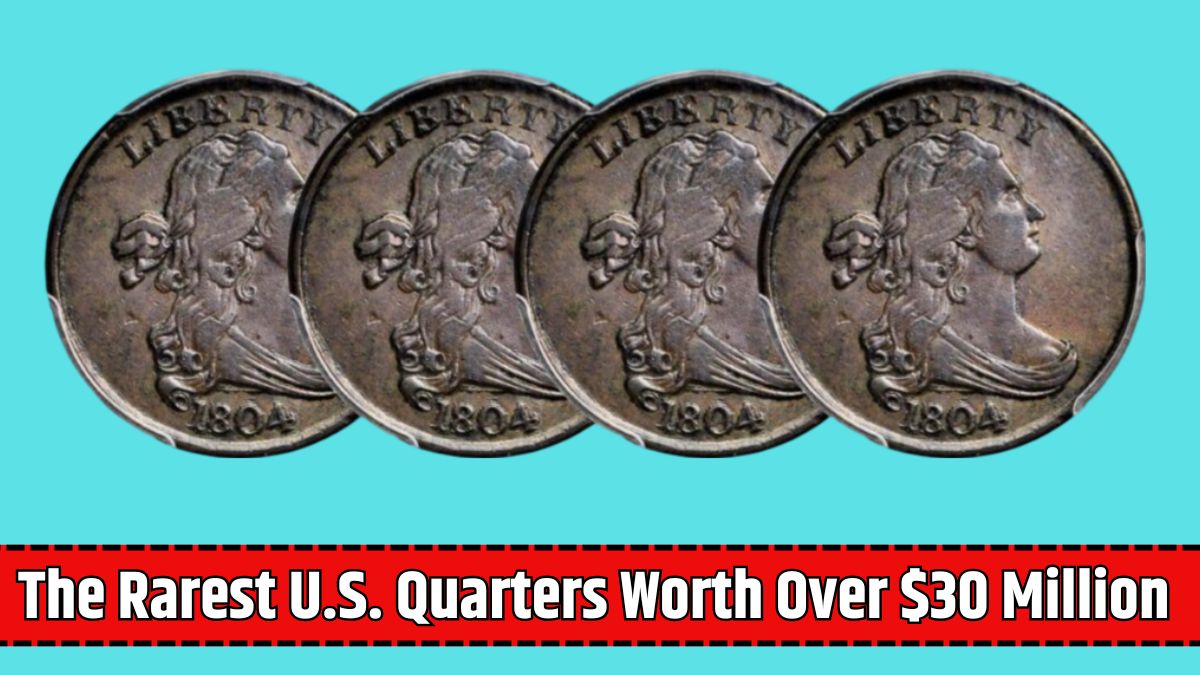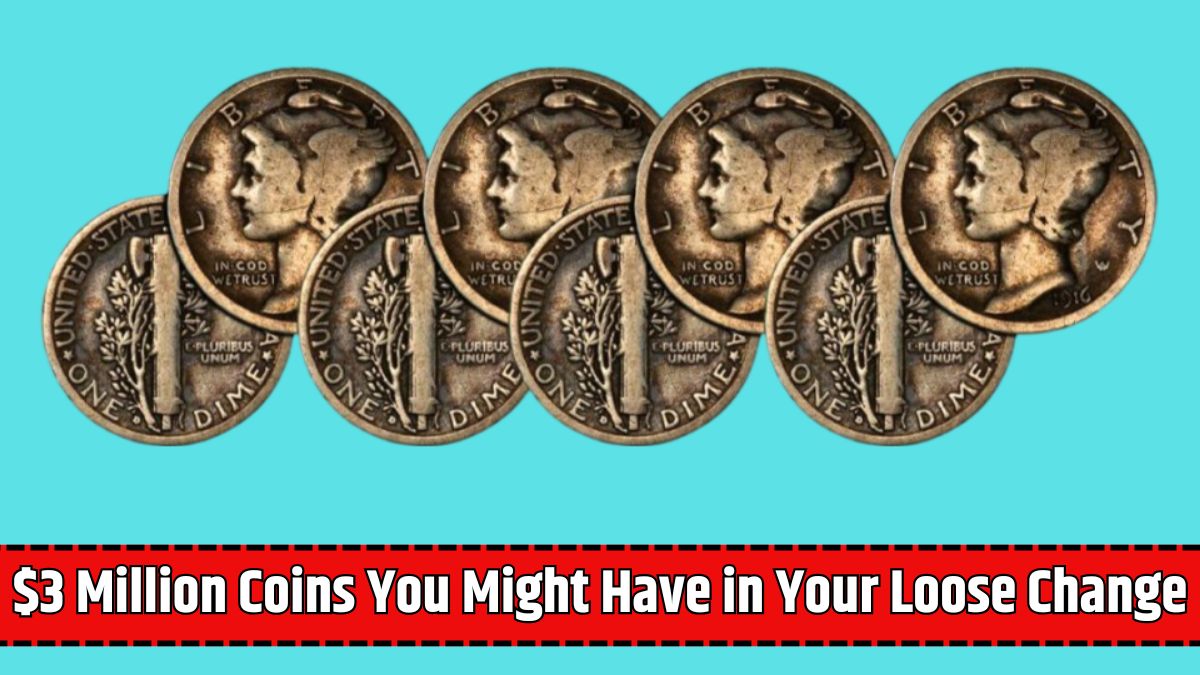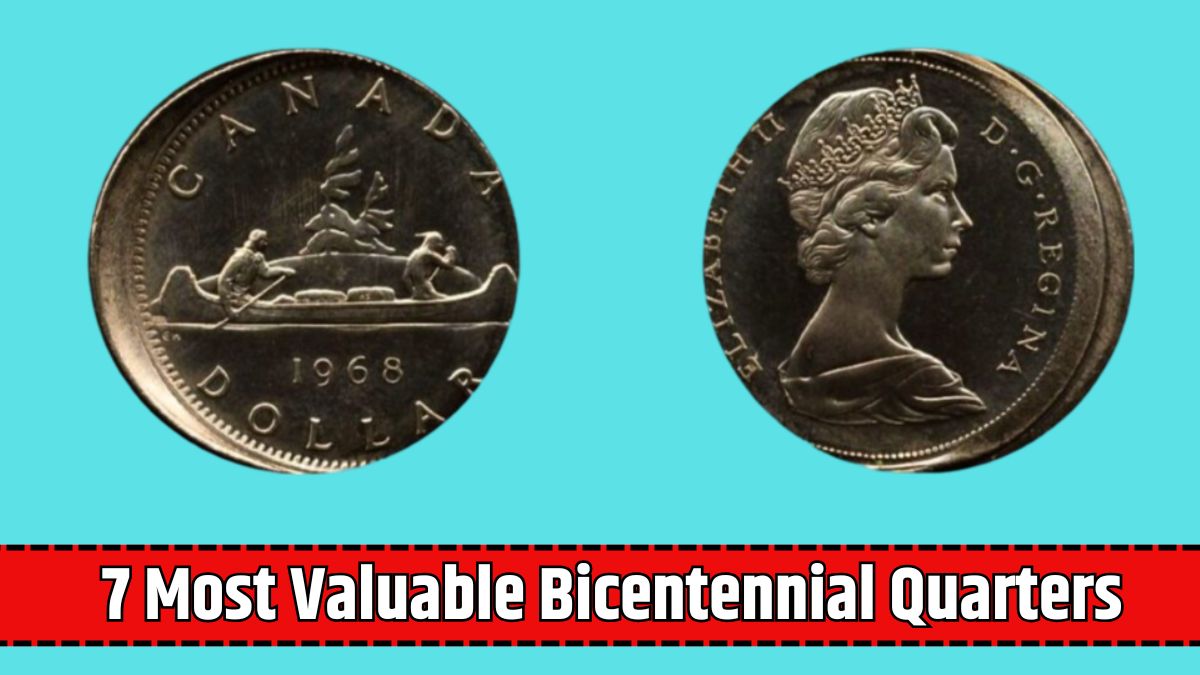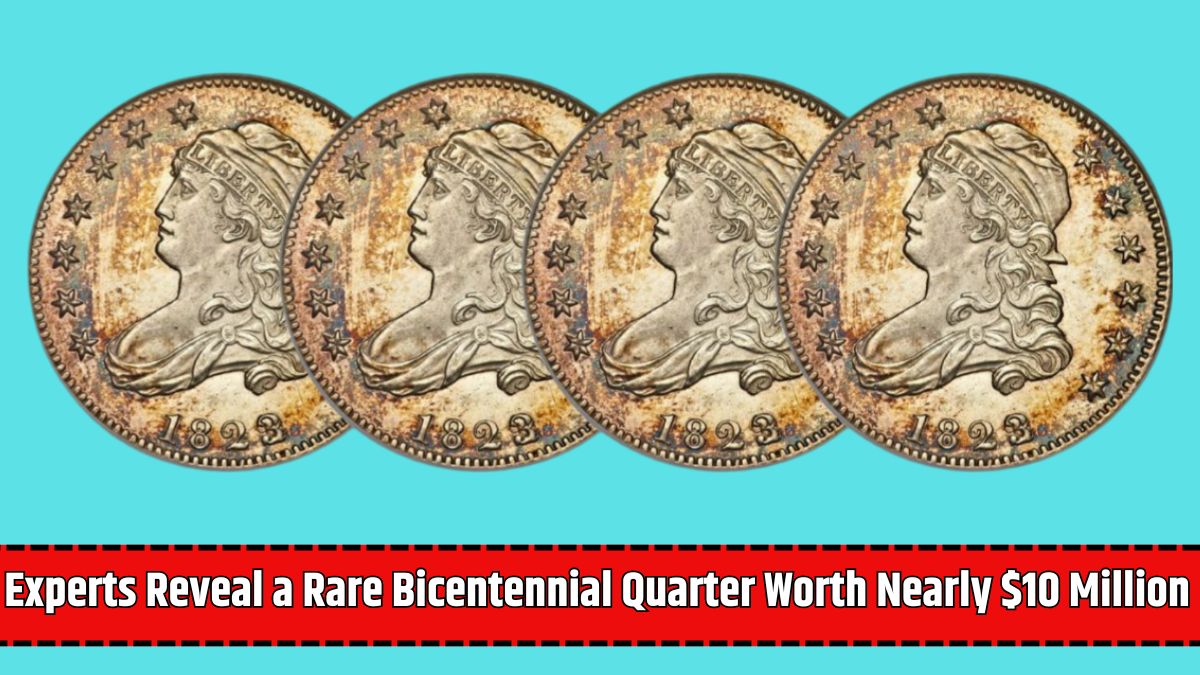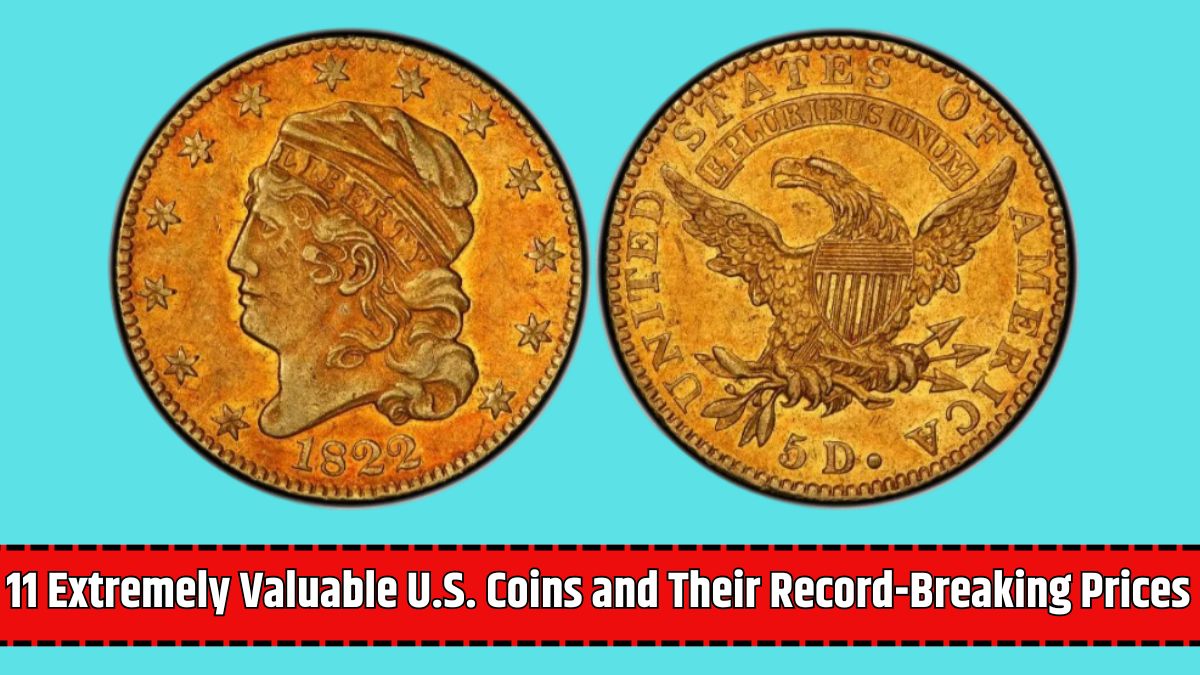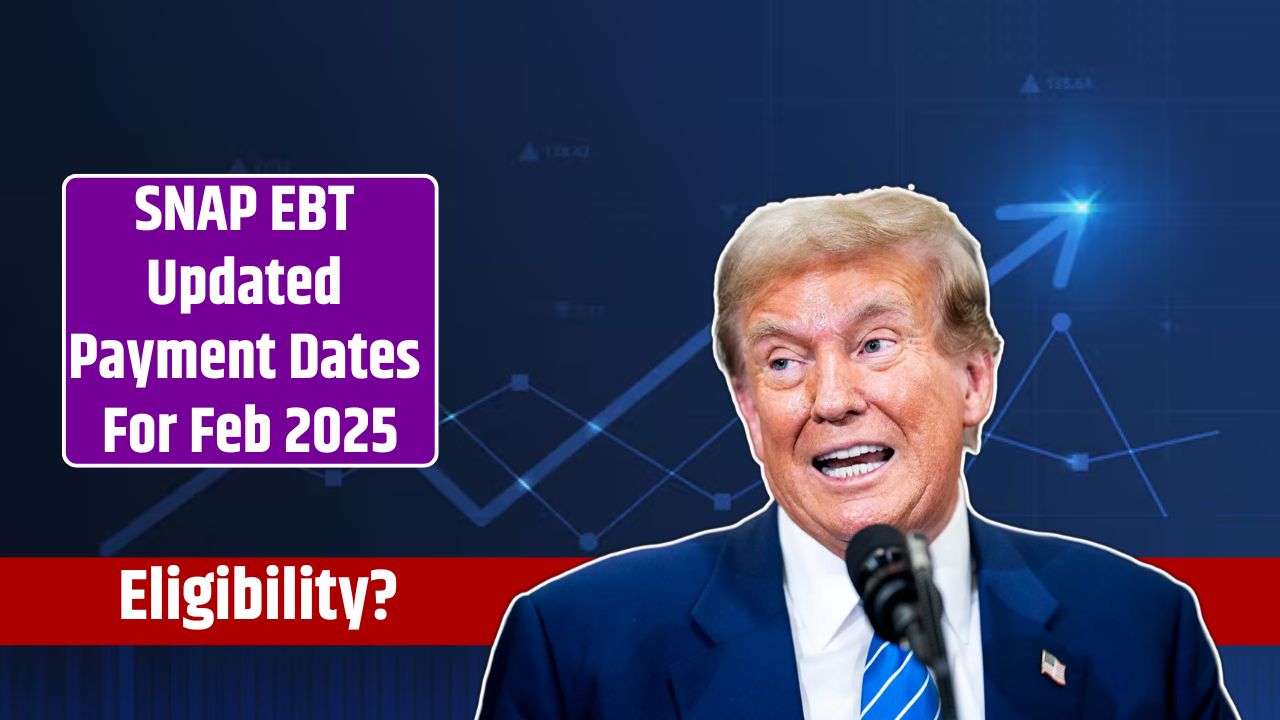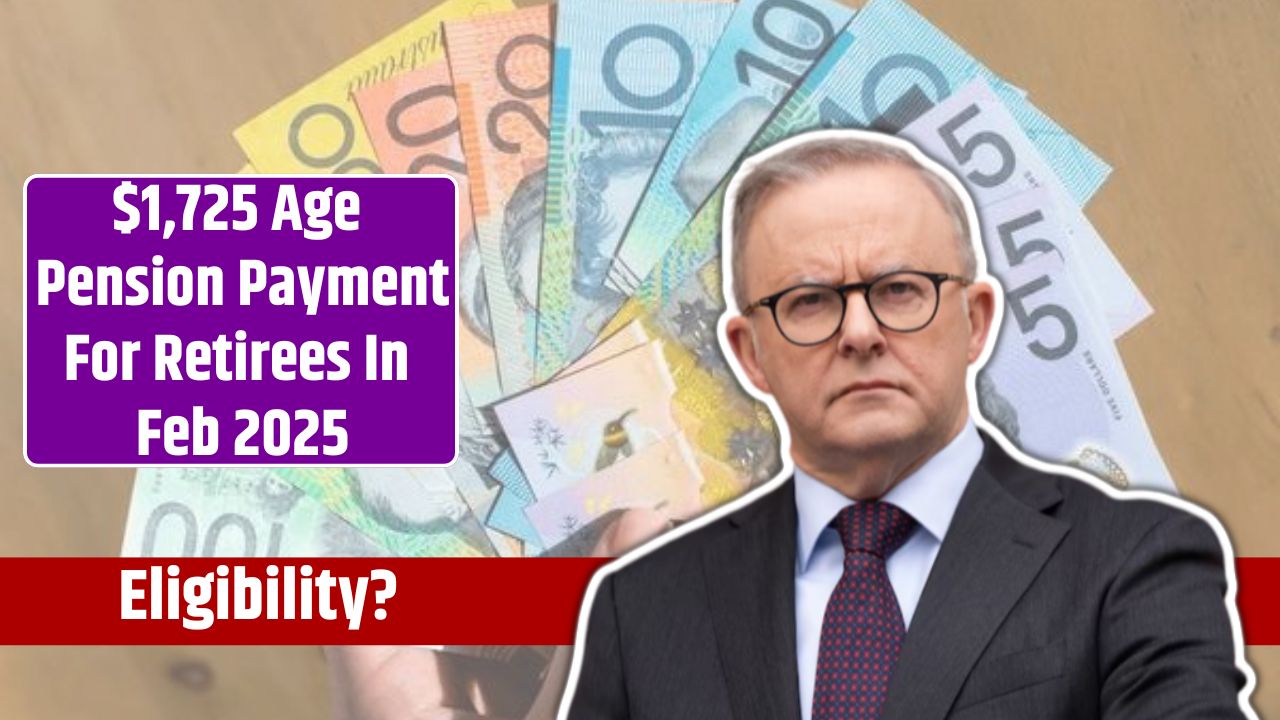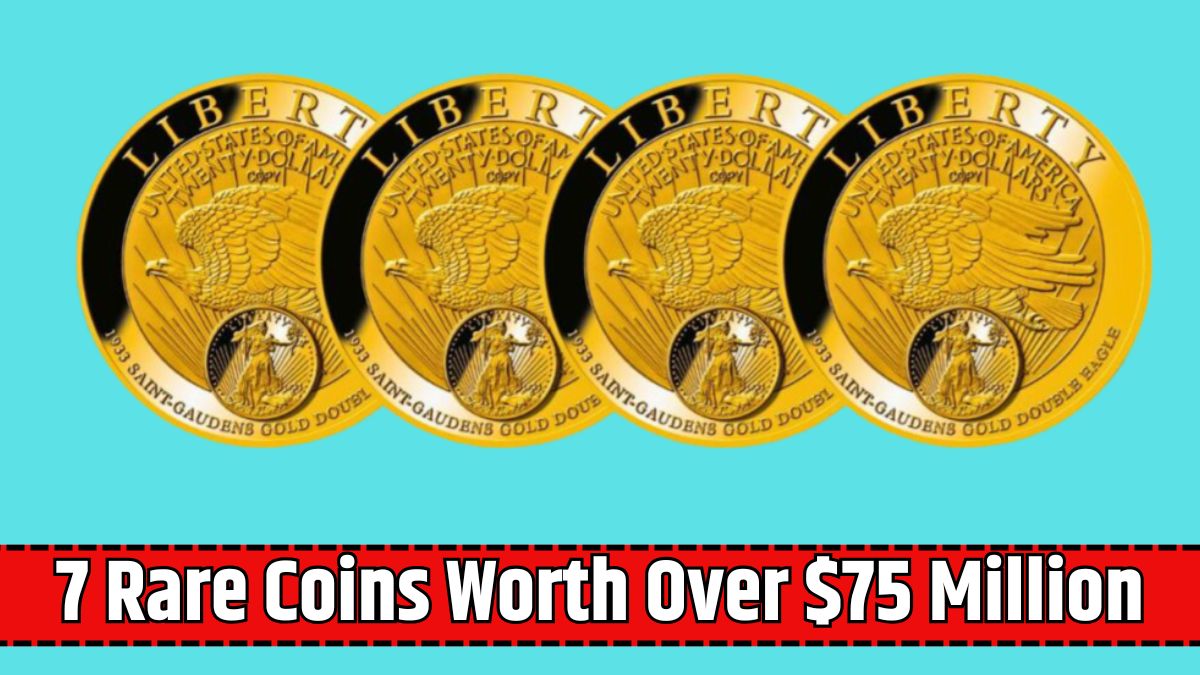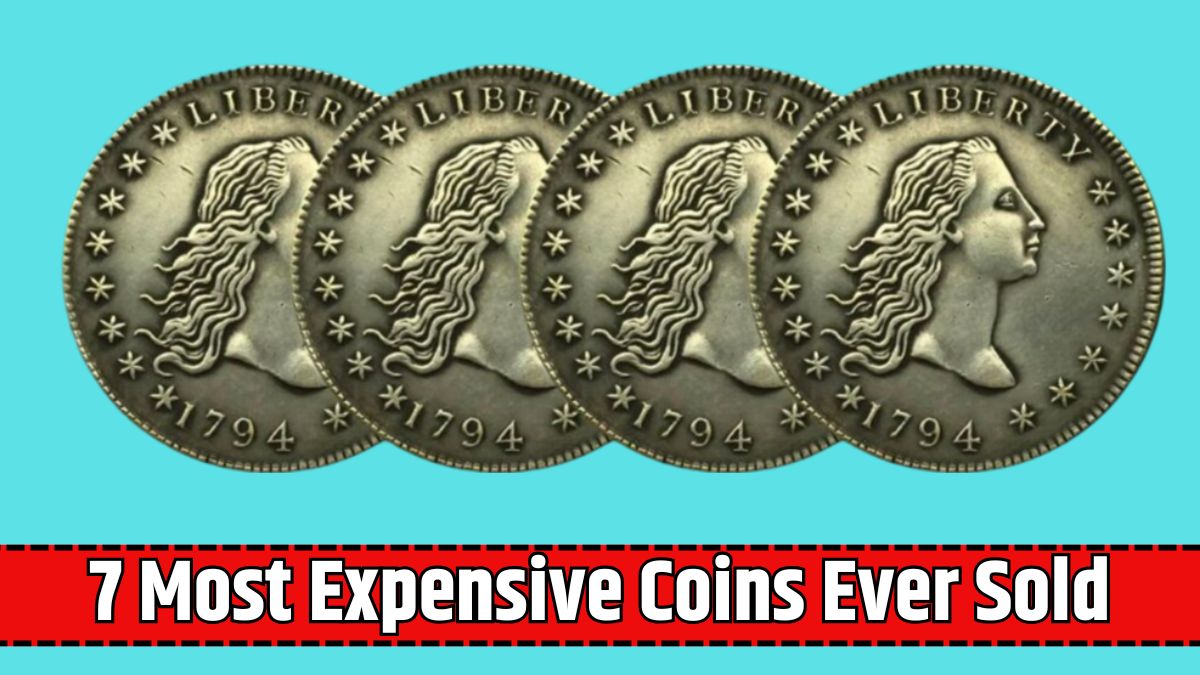The Bicentennial quarter is more than just a piece of change—it’s a special coin minted to celebrate America’s 200th birthday. Featuring a unique design with a colonial drummer and dual dates “1776–1976,” these coins hold historical and collectible value.
While many Bicentennial quarters are only worth face value, some rare varieties and error coins can fetch hundreds or even thousands of dollars.
Let’s explore what makes these quarters special and which ones could make you rich.
What Makes Bicentennial Quarters Unique?
Bicentennial quarters stand out because of their historical design and commemorative nature. Unlike regular quarters, the reverse side features:
- A colonial drummer in the center
- A torch surrounded by 13 stars, representing the original colonies
- The dual dates “1776–1976”
These coins were minted in both 1975 and 1976 and have become a favorite among collectors for their historical significance and unique appearance.
Types of Bicentennial Quarters
Common Bicentennial Quarters
Most Bicentennial quarters were minted in Philadelphia (no mint mark) or Denver (marked with a “D”). These coins are common, but those in pristine condition, especially graded MS-67 or higher, can sell for up to $500.
Silver Bicentennial Quarters
Some Bicentennial quarters were minted in 40% silver as part of collector sets. These are distinguishable by their weight and a nearly copper-free edge. Silver quarters are rare and highly valued:
- Uncirculated Silver Quarters: $300 to $1,000
- Proof Silver Quarters: $200 to $800, depending on grade
| Feature | Silver Quarters | Regular Quarters |
|---|---|---|
| Composition | 40% silver, 60% copper | Copper-nickel clad copper |
| Weight | 6.25 grams | 5.67 grams |
| Edge Appearance | Minimal copper showing | Copper layers visible |
Proof Bicentennial Quarters
Proof quarters, minted for collectors, have a mirror-like finish and incredible detail. These coins, often kept in protective cases, are worth between $200 and $800, depending on condition.
Valuable Error Coins
Minting errors can significantly increase a Bicentennial quarter’s value. Here are some of the most sought-after errors:
Double Die Errors
Double die errors occur when parts of the design, such as the drummer or lettering, appear doubled.
- Value: $1,000 to $5,000, depending on severity and grade
Clipped Planchet Errors
Coins with missing sections, called clipped planchets, are rare and visually distinct.
- Value: $200 to $600, depending on the size of the clip
Off-Center Strikes
When the coin design is struck off-center, it creates a dramatic misalignment.
- Value: Several hundred dollars for significant misalignments
Why Condition Matters
The condition of a Bicentennial quarter plays a huge role in its value. Coins graded MS-67 or higher are nearly flawless and can sell for $3,000 or more. Quarters with sharp details, no visible flaws, and bright luster are highly desirable.
Tips for Collectors
- Inspect Carefully: Use a magnifying glass to check for mint marks, edge details, and potential errors.
- Verify Authenticity: Have valuable coins professionally graded by services like PCGS or NGC.
- Sell Smart: Work with trusted dealers, auction houses, or online platforms to get the best price.
Investing in Bicentennial Quarters
Bicentennial quarters offer a mix of history and investment potential. Focusing on high-grade coins, silver varieties, and rare errors can lead to significant returns.
With careful inspection and a bit of luck, these coins can turn pocket change into a small fortune.
Start checking your spare change—you might just find a valuable Bicentennial quarter hiding in plain sight!

